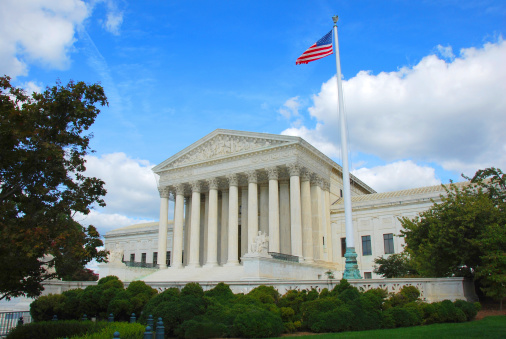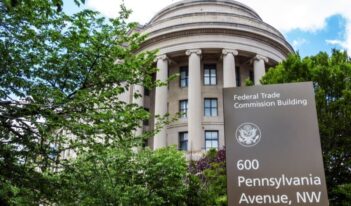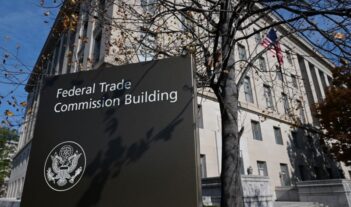
The U.S. Supreme Court will decide when a state agency is immune from federal antitrust law.
Can a state agency be so dominated by the profession it regulates that the agency is not considered a state actor under federal antitrust law?
This question, which the U.S. Supreme Court will address in its upcoming term, is important because the Court previously granted states immunity from federal antitrust law in Parker v. Brown.
The agency currently at issue is the North Carolina Board of Dental Examiners, which is authorized by state statute to regulate the dental profession in North Carolina. Six of the Board’s eight members are actively practicing dentists who are elected by fellow dentists.
At the behest of North Carolina dentists, the Board’s dentist-members successfully stopped non-dentists from providing teeth-whitening services in the state. The Federal Trade Commission (FTC) sued the Board for violating federal antitrust law by excluding non-dentists from the teeth-whitening market.
The issue before the Court is whether the Board’s domination by the dental profession makes it a private party, rather than a state actor, for purposes of federal antitrust law. According to past Supreme Court decisions, only direct actions of a state legislature or state supreme court are, without further analysis, “exempt from the operation of [federal] antitrust laws.”
The Board argues that, as an arm of the state, it is like a municipality, which is immune from federal antitrust law if it acts pursuant to clearly articulated state policy. The FTC contends that the Board, as an agent of the dental profession, is like a private party, which is immune only if it both acts pursuant to clearly articulated state policy and is actively supervised by the state.
The Board argues that active state supervision is not required for immunity from federal antitrust law. The Supreme Court previously immunized state action from federal oversight because, in our federalist system, “an unexpressed purpose to nullify a state’s control over its officers and agents is not lightly to be attributed to Congress.”
A state’s staffing and structuring of its agencies, the Board says, are at the heart of state sovereignty. As a result, absent clear congressional intent to the contrary, the state should have the unfettered right to staff its agencies with market participants – such as because they have specialized expertise – and to avoid the inefficiency of active state supervision.
The Board also argues that, in structuring state regulatory agencies, states have relied on lower court decisions, such as those of the Fifth and Ninth Circuits, which have held that privately dominated state agencies are immune from federal antitrust law.
Twenty-three states, a wide range of state agencies, groups representing state interests (e.g., the National Governors Association), and trade groups (e.g., the American Medical Association) have filed briefs as friends of the court, arguing that a decision requiring active state supervision would greatly disrupt state governments.
The FTC says that the active supervision requirement does not limit state action. Rather, it merely provides a condition for the subordination of federal law to state sovereignty – subordination that the Court disfavors.
The FTC also disputes that states have relied on decisions like those of the Fifth and Ninth Circuits, arguing that most privately dominated state agencies are actively supervised and that Supreme Court precedent has thrown serious doubt on those decisions.
For example, in Goldfarb v. Virginia State Bar, the Court held that “[t]he fact that the State Bar is a state agency for some limited purposes does not create an antitrust shield that allows it to foster anticompetitive practices for the benefit of its members,” particularly when the Virginia Supreme Court had not approved its actions. And in another case, where a state bar’s rules were “subject to pointed reexamination by the policymaker,” namely the Arizona Supreme Court, the Court held that the state bar was immune from federal antitrust law.
The Board responds, in part, by citing the Court’s statement in Town of Hallie v. Eau Claire that active state supervision “likely” would not be required of a state agency, although the Court said that it “do[es] not here decide that issue.”
In Hallie, the Court held that municipalities, unlike private parties, did not need to meet the active supervision requirement. The Board reads Hallie as making a formal distinction between municipalities – as arms of the state – and private parties. But Hallie actually provides a functional explanation for its distinction: “municipal conduct is invariably more likely to be exposed to public scrutiny than is private conduct,” making self-interested action less likely for municipalities than for private parties.
Taken together, the Supreme Court’s decisions seem to provide more support for the FTC’s position than the Board’s. On the other hand, as argued in many of the friend-of-the-court briefs submitted in the case, a decision in the FTC’s favor could disrupt at least some state agencies.




